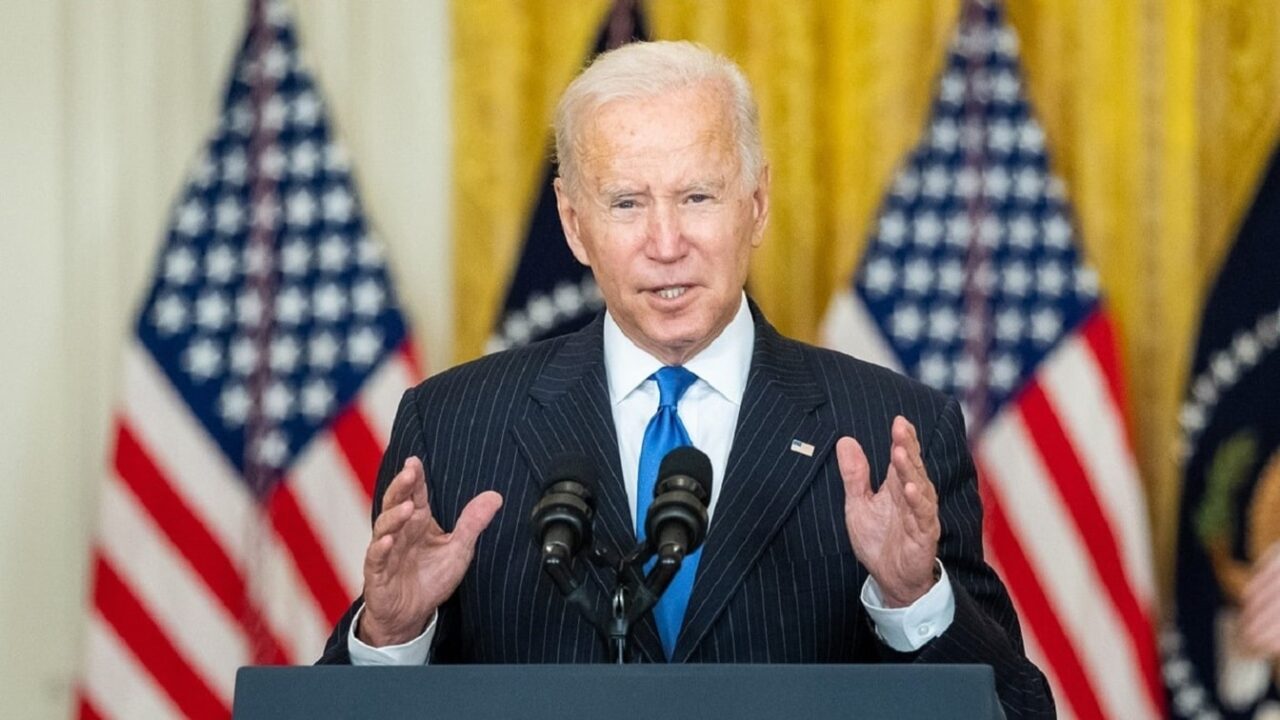So much for our hopes that inflation already might have peaked. Today’s inflation numbers from the Commerce Department show that last month’s headline consumer price inflation picked up faster than generally expected to 8.6 percent or to its highest level since 1982. Even stripping out volatile gasoline and food prices, the so-called “core” inflation rate is now running at 6 percent or some three times the Federal Reserve’s 2 percent inflation target.
Today’s very disappointing inflation numbers leave the Fed little room to take its foot off the monetary policy brake to regain control over inflation. That risks taking more air out of last year’s equity, housing, and credit market bubbles which were all premised on the indefinite maintenance of ultra-low interest rates.
Since the start of the year, declining equity and bond markets have resulted in the evaporation of around $12 trillion, or 50 percent of GDP, in household wealth. Any further loss in such wealth must heighten the risk that we are in for a hard economic landing by early next year.
The recent spike in international oil prices to over $120 a barrel must throw into doubt any notion that inflation will be peaking anytime soon. That spike is making it only a matter of time before the national average gasoline price will well exceed the psychologically sensitive $5 a gallon mark. Further reason for inflation concern is that investment banks like Goldman Sachs are now expecting that international oil prices will soon rise to $140 a barrel as a result of Russia’s Ukrainian war.
In recent speeches, Jerome Powell has made clear that the Fed will not back down from its more hawkish monetary policy stance until it sees clear signs that inflation is coming down towards its target. This is why at next week’s FOMC meeting, the Fed most likely will confirm that it intends to keep raising interest rates in 50 basis point steps and start reducing the size of its balance sheet by $95 billion a month later this fall.
A disturbing aspect of today’s inflation debate is the Administration’s seeming refusal to take any responsibility for inflation now being at a four-decade high. In recent Congressional testimony, Secretary Treasury Janet Yellen insisted that the Biden Administration’s $1.9 trillion American Rescue Plan was not the cause of inflation’s spike. Rather, she asserted that inflation was an international phenomenon that had been caused by Covid-related global supply chain disruptions and by Russia’s Ukrainian invasion, which sent international oil and food prices through the roof.
Never mind that at the very time when the American Rescue Plan was being debated, a number of prominent economists, including most notably Larry Summers, warned that a budget stimulus of around 8 percent of GDP was bound to lead to economic overheating. Never mind too that while other countries have had similar headline inflation rates to the United States that is because they have been more exposed than us to international energy price increases. Excluding food and energy prices, US inflation is almost 3 percentage points higher than it is in Europe.
Not willing to assume any responsibility for today’s high inflation, the Biden Administration is now wanting the Federal Reserve to do all of the heavy liftings in taming the inflationary beast. By so doing, the Administration heightens the chances that the Fed’s higher interest rates and liquidity withdrawal will burst the equity, housing, and credit market bubbles.
As we should have learned from our 2008 experience with bursting asset and credit market bubbles, taking the air out of bubbles must raise the chances of a hard economic landing. For this, President Biden is likely to pay a very heavy price in this November’s mid-term election. He will do so as his electoral base is hit both by high inflation and by a deteriorating economy.
Desmond Lachman joined AEI after serving as a managing director and chief emerging market economic strategist at Salomon Smith Barney. He previously served as deputy director in the International Monetary Fund’s (IMF) Policy Development and Review Department and was active in staff formulation of IMF policies. Mr. Lachman has written extensively on the global economic crisis, the U.S. housing market bust, the U.S. dollar, and the strains in the euro area. At AEI, Mr. Lachman is focused on the global macroeconomy, global currency issues, and the multilateral lending agencies.

